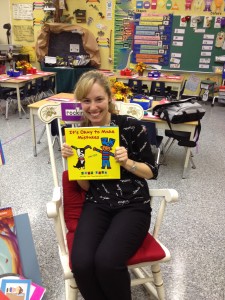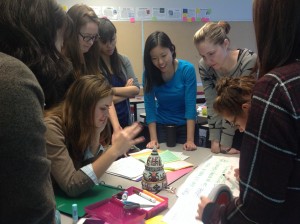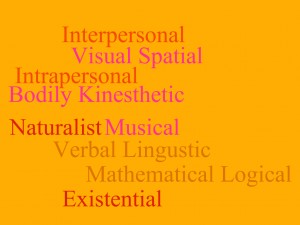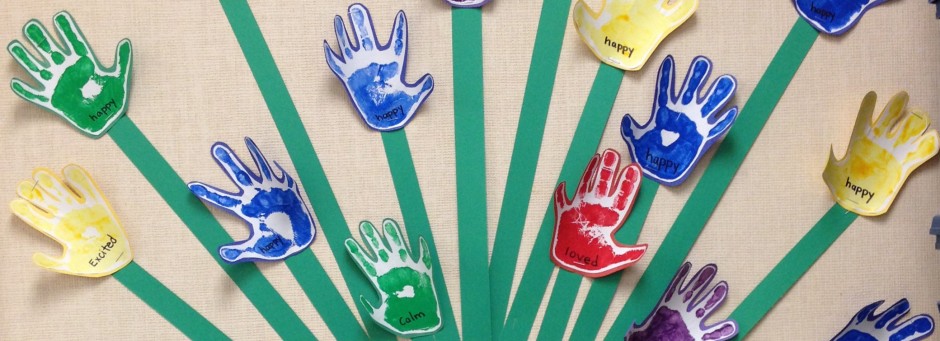The goal of education in my opinion is to inspire curiosity, value multiple perspectives and encourage a love for learning. I firmly support an educational program that engages students in experiential learning and equips them with skills that are transferable beyond the classroom. 
I strive to guide and always encourage students to grow to their potential in both education and life. My goal is to create a safe and encouraging learning environment where students feel comfortable to ask questions, share their opinions, respect multiple perspectives and not be afraid to make mistakes. Mistakes allow students to reflect and critically think what and how they can make improvements (Kang, 2014). Therefore, fostering a positive student-teacher relationship underpins my teaching philosophy.
In order to create a safe and caring classroom, creating a positive student-teacher relationship is fundamental. One of my priorities is to ensure that students understand that I value their opinions and viewpoints. Therefore, honesty, trust, and respect are three components that contribute to creating positive relationships with students. I want students to know that the student-teacher relationship is reciprocal; I will always be honest with students and respect their viewpoints but it is expected that they return the sentiment.  There is a correlation between supportive student-teacher relationships and achievement in school which is just another reason why creating strong relationships with each child is invaluable (Hamre & Pianta, 2006). To foster these relationships, I will make it my priority to connect with students and learn their interests. I will communicate regularly with students to strengthen relationships so that students feel comfortable to come to me with any problems that they may face.
There is a correlation between supportive student-teacher relationships and achievement in school which is just another reason why creating strong relationships with each child is invaluable (Hamre & Pianta, 2006). To foster these relationships, I will make it my priority to connect with students and learn their interests. I will communicate regularly with students to strengthen relationships so that students feel comfortable to come to me with any problems that they may face.
Another important element of my teaching philosophy is to promote student curiosity and wonder. I want students to become critical thinkers who question the world that they live in. It is “their questions [that] will lead to investigations that, with our support of time, comfort , and access to resources can lead to most beneficial intellectual, social, and physical rewards” (Barrell, 2008).  Moreover, curiosity strengthens intrinsic motivation, which leads to students taking ownership of their learning!
Moreover, curiosity strengthens intrinsic motivation, which leads to students taking ownership of their learning!
Cooperative learning is also fundamental to my beliefs in education. I consider it pivotal for students to learn from their peers. Every student has different perspectives and insights and it is important that students gain an appreciation for all voices. Group work also strengthens students’ communicating and listening skills as well as their ability to compromise with peers.
Lastly, I understand that every student learns differently which is why I firmly believe in incorporating multiple learning styles into my teaching methods (Gardner, 1983).  Every student should have an equal educational opportunity. As a result, my teaching pedagogy supports the incorporation of students’ developmental levels as well as their different learning styles.
Every student should have an equal educational opportunity. As a result, my teaching pedagogy supports the incorporation of students’ developmental levels as well as their different learning styles.
References:
Barell, J. (2008). Why are school buses always yellow?: Teaching for inquiry, preK-5. Thousand Oaks, CA: Corwin Press.
Gardner, H. (1983; 2007). Frames of mind: The theory of multiple intelligences. New York: Basic Books.
Hamre, B. K., & Pianta, R. C. (2006). Student-teacher relationships. In G. G. Bear & K. Minke (Eds.), Children’s Needs III: Development, prevention, and intervention (pp. 59-71). Bethesda, MD: NASP.
Kang, S. (2014, April 20). The benefits of mistakes and failure- the dolphin way: Mistakes provide children with an avenue to grow. Psychology Today. Retrieved from https://www.psychologytoday.com
